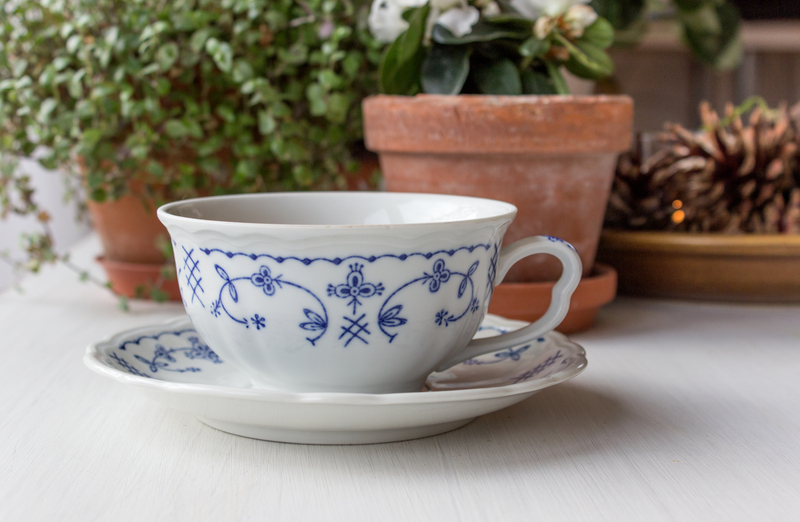The Eco-Benefits of Disposing Electronic Waste Responsibly
In today's fast-paced digital age, electronic devices have become an integral part of our lives. From smartphones to laptops, these gadgets make our lives easier, but they also lead to an increase in electronic waste (e-waste) when they become obsolete. Properly disposing of e-waste is not just a necessity but a responsibility that carries numerous environmental benefits. In this comprehensive article, we explore the eco-benefits of managing electronic waste responsibly and how it contributes to a sustainable future.
Understanding Electronic Waste
Electronic waste encompasses discarded electronic appliances and devices. This includes everything from old computers and cell phones to televisions and electronic toys. With rapid technological advancements, the lifecycle of electronic gadgets is shrinking, leading to an ever-growing pile of e-waste.
The Environmental Impact of E-Waste
Improper disposal of e-waste can have severe environmental consequences. Here are some critical points to consider:
- Toxic Components: Many electronic devices contain harmful substances like lead, mercury, and cadmium. When these toxins leach into the environment, they can contaminate soil and water sources, posing significant health risks to humans and wildlife.
- Greenhouse Gas Emissions: The production and disposal of electronic devices contribute to greenhouse gas emissions. By recycling and reusing these materials, we can significantly reduce our carbon footprint.
- Pollution: Open burning and unregulated landfilling of e-waste can release hazardous pollutants into the air, leading to air pollution and respiratory problems.

The Eco-Benefits of Responsible E-Waste Disposal
Responsible e-waste disposal offers numerous environmental advantages, ensuring a healthier planet for future generations. Here are some of the eco-benefits:
1. Conservation of Natural Resources
Recycling electronic waste conserves valuable raw materials and natural resources. Many electronic products contain precious metals such as gold, silver, and copper that can be recovered and reused.
- Reduced Mining: By reclaiming metals through recycling, we can minimize the need for mining activities that often lead to deforestation and land degradation.
- Energy Conservation: Recycling e-waste consumes less energy compared to extracting and processing virgin materials, reducing the overall energy demand.
2. Mitigation of Environmental Pollution
Responsible e-waste disposal helps prevent the release of harmful substances into the environment, thereby minimizing pollution. This includes preventing the leaching of dangerous chemicals into soil and water sources.
- Safe Recycling Processes: Certified recycling facilities ensure that hazardous components are handled safely, preventing contamination.
- Reduced Landfill Burden: By diverting e-waste from landfills, we reduce the environmental burden associated with waste management and landfill operations.
3. Combatting Climate Change
E-waste recycling plays a pivotal role in combating climate change by reducing greenhouse gas emissions associated with manufacturing new electronic devices.
- Lower Carbon Footprint: The reuse of materials leads to energy savings and a reduced carbon footprint, helping mitigate climate change.
- Extended Product Lifespan: Refurbishing and recycling electronics extends their lifespan, further reducing the need for new production and associated emissions.
4. Promoting a Circular Economy
Responsible e-waste management aligns with the principles of a circular economy, where resources are reused and recycled rather than discarded. This helps create a sustainable and resilient economic model.
- Job Creation: The recycling and refurbishment industry generates employment opportunities, supporting local economies.
- Innovation: Embracing a circular economy encourages innovation and the development of sustainable technologies and practices.

How to Responsibly Dispose of E-Waste
Now that we understand the eco-benefits, let's explore how individuals and organizations can contribute to responsible e-waste disposal:
1. Educate Yourself
Stay informed about the potential hazards of e-waste and the benefits of recycling. Many organizations offer resources and guidance on safe disposal methods.
2. Locate Certified E-Waste Recyclers
Engage with certified e-waste recycling facilities or take-back programs provided by electronic manufacturers. These entities ensure that waste is processed safely and sustainably.
3. Donate or Sell Usable Electronics
If your electronic device is still functional, consider donating or selling it. This gives the product a second life and reduces the demand for new production.
4. Participate in E-Waste Collection Drives
Many communities organize e-waste collection events where you can drop off old devices for responsible recycling. Participate actively in these initiatives.
5. Adopt Environmentally Friendly Practices
Before purchasing new electronics, consider their environmental impact. Choose products with a longer lifespan and those that are manufactured sustainably.
Conclusion
The eco-benefits of disposing electronic waste responsibly extend far beyond reducing clutter in our homes and workplaces. By embracing sustainable e-waste management practices, we conserve resources, mitigate pollution, combat climate change, and support the transition to a circular economy. As individuals, communities, and businesses, it is our responsibility to ensure that the technological conveniences we enjoy today do not come at the expense of our planet tomorrow. Let's commit to managing our electronics responsibly, paving the way for a greener and more sustainable future.